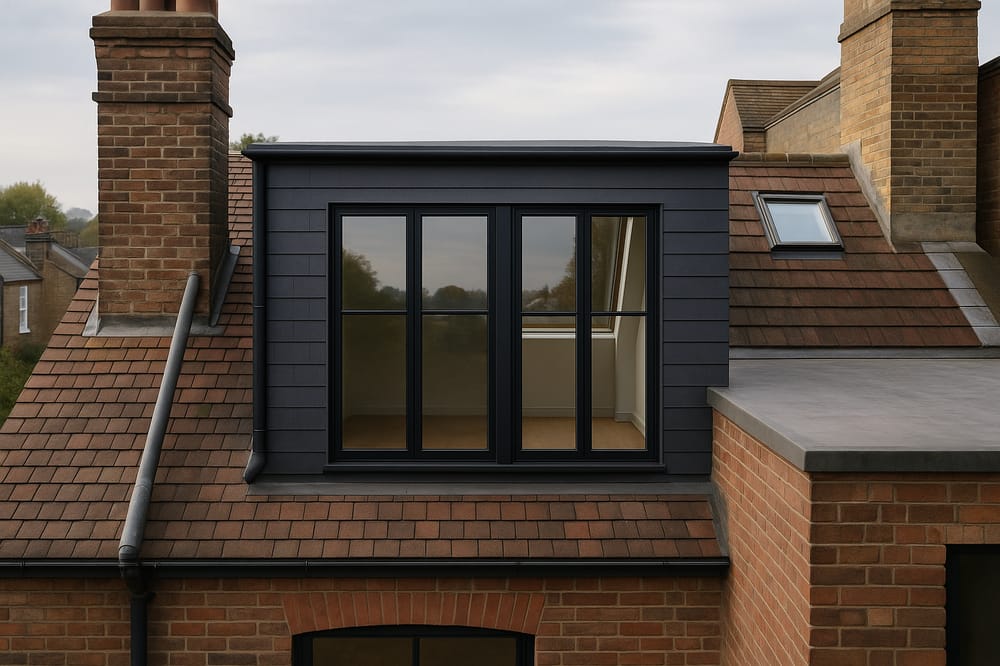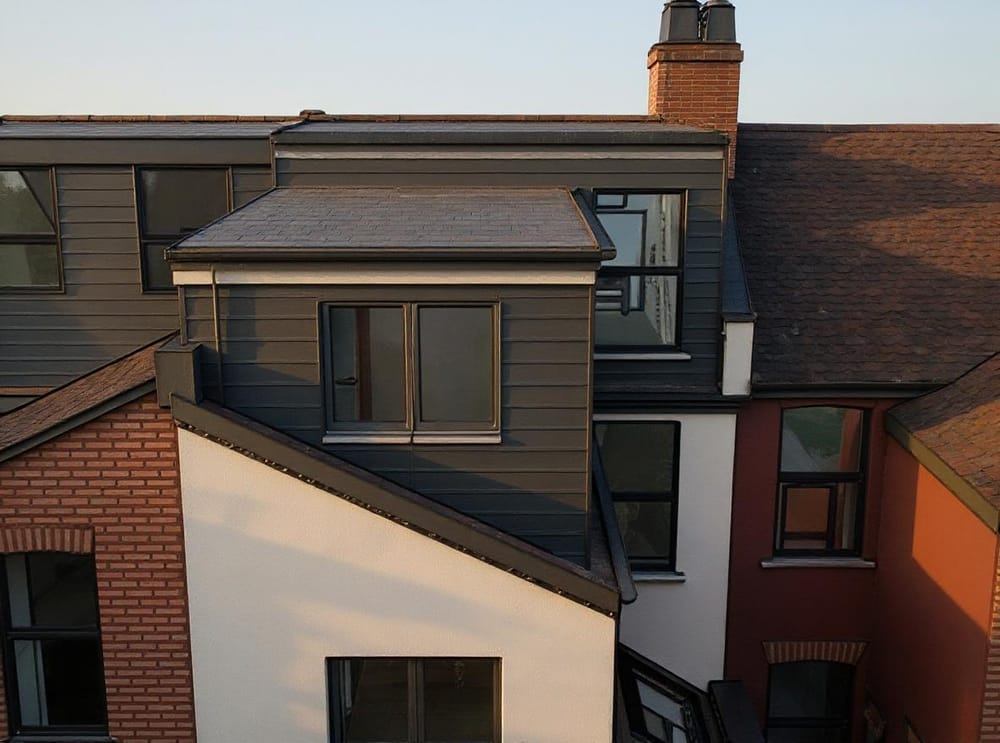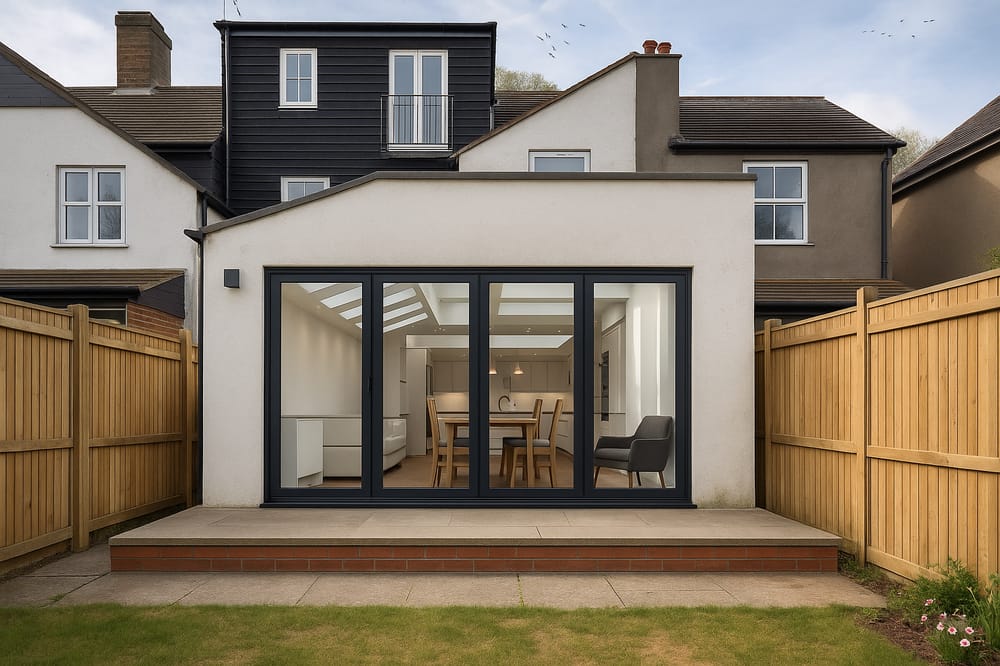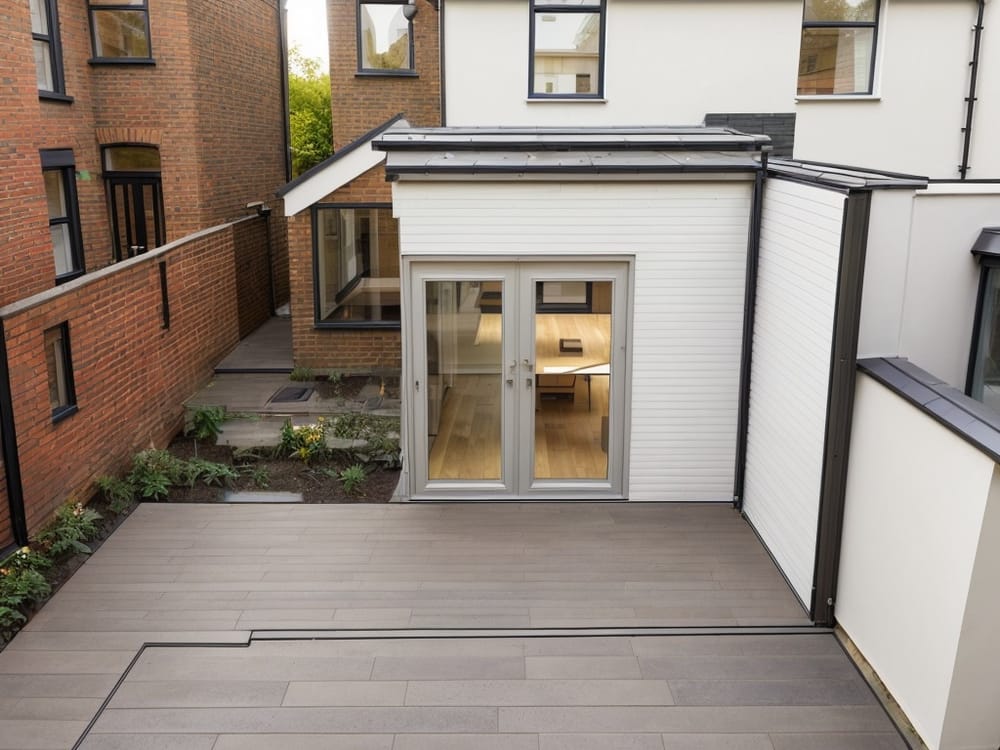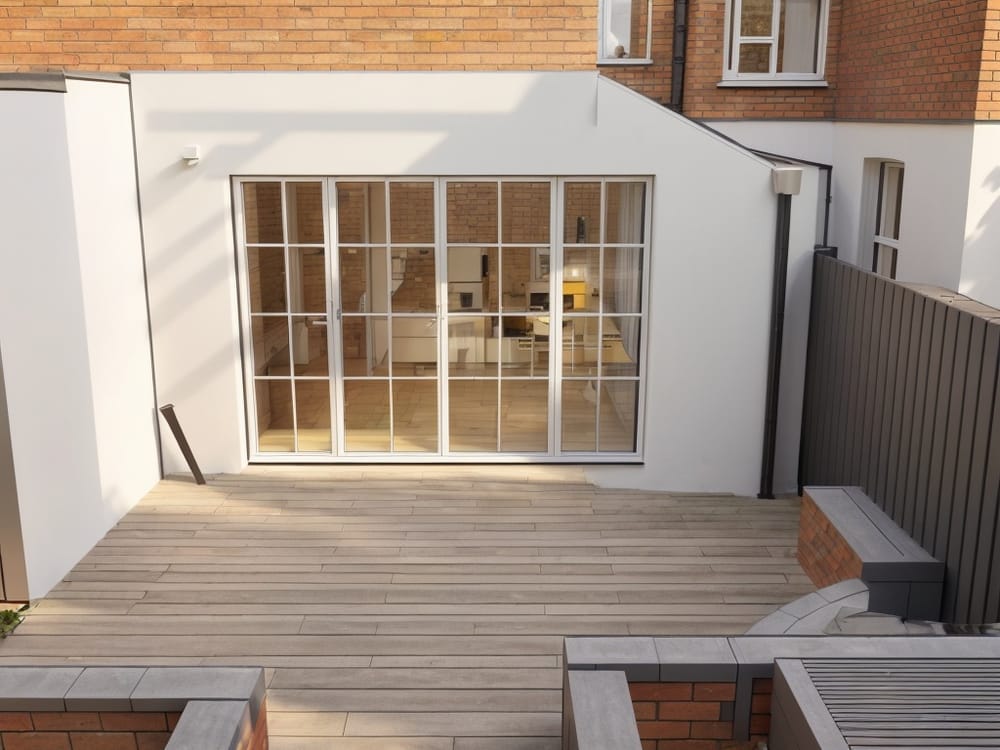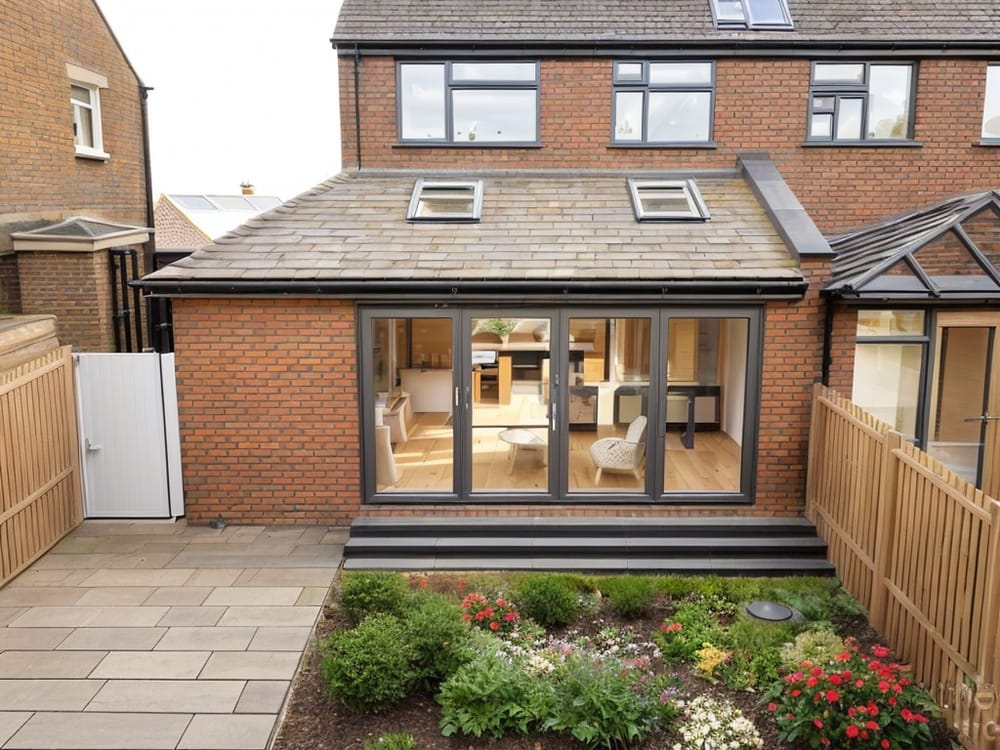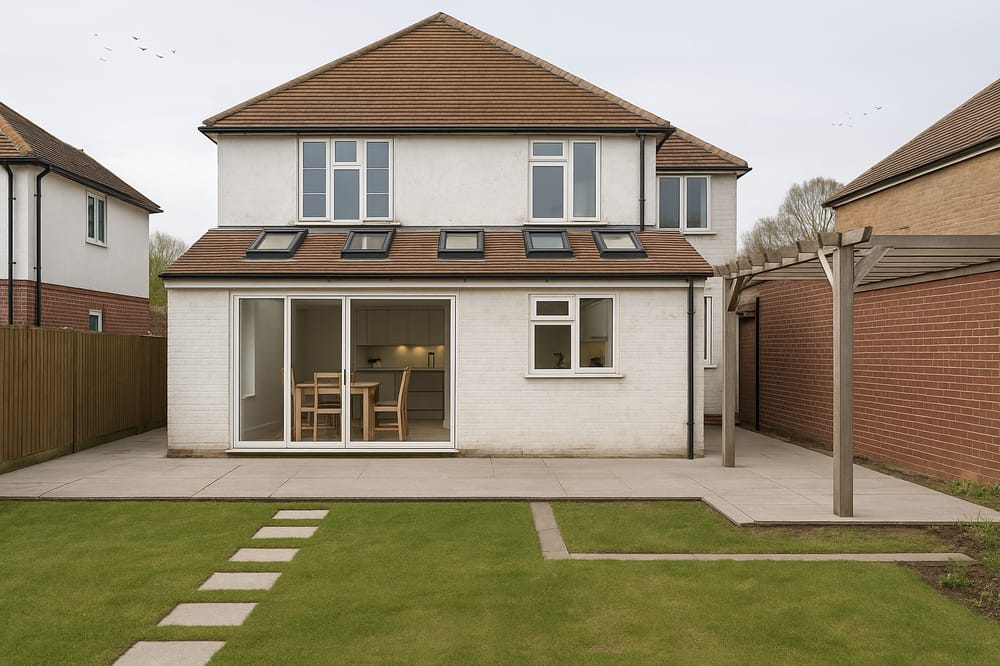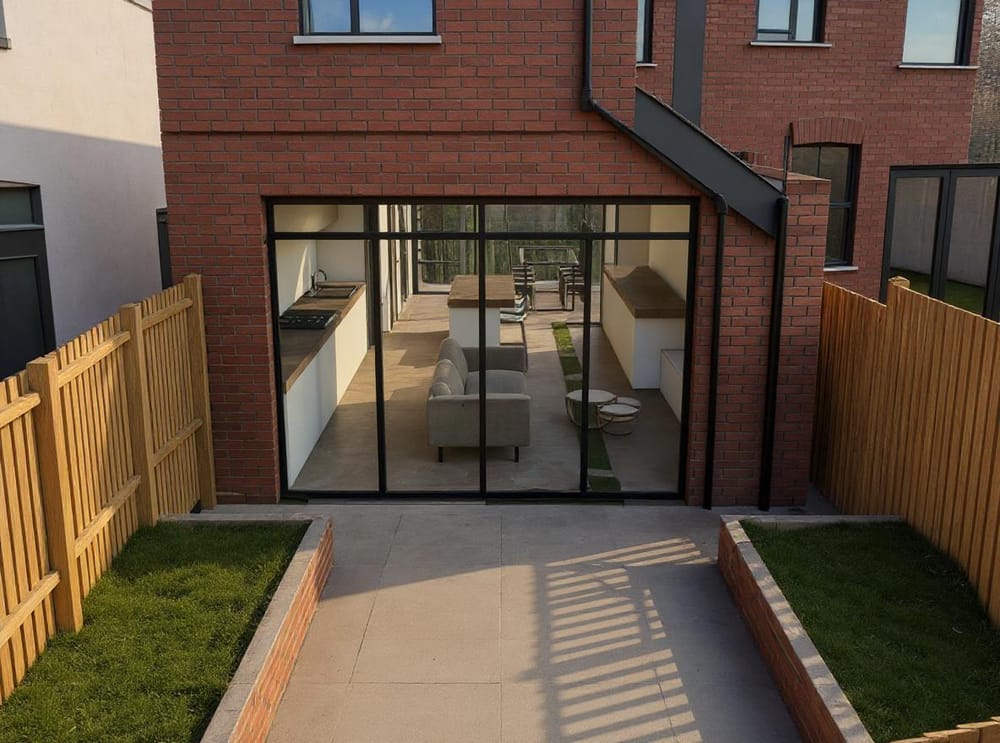If you’re looking to create a more peaceful environment, adopting some core principles and practices of Feng Shui could transform your home. Read on to learn more about what Feng Shui is, what we can learn from it and how to Feng Shui your home in a few simple steps.
First things first, what is Feng Shui?
Feng Shui is an ancient Chinese practice that involves altering the arrangement and design of spaces to promote balance and harmony. It’s centred on the belief that the energy, or qi, that flows through a space can have a powerful impact on the people who inhabit it.
We carried out a survey of over 2000 people in 2023 to determine what makes a Happy Home and offer you practical ways to achieve a sense of happiness in your own space. One of our key findings suggested that having a peaceful and relaxing atmosphere can boost your day to day enjoyment. This is an important element of Feng Shui. With this in mind, we’ll lead you through how to Feng Shui your home and make it a more positive space.
Step 1 for how to Feng Shui your home: make a good entrance
The main entrance to your home is considered the mouth of qi. It’s important to choose a front door that’s sturdy, well-maintained, and welcoming. Avoid doors that are located directly across from a wall or that face a dead end, as these can block the flow of qi. If you’re looking for new front door inspiration that combines a sense of harmony and modern style, opt for bold colours that are eye-catching and energising.
 © Matt Gamble
© Matt Gamble
Step 2 for how to Feng Shui your home: get your bedroom right
Your bed is the most important piece of furniture in your bedroom so, along with it being your most comfortable piece of furniture, the practice of Feng Shui outlines that it’s equally important to position it in a way that promotes good rest and positive energy. According to Feng Shui principles, you should avoid placing your bed directly under a window, as this can allow the qi to escape. It is also important to have your head facing the right direction while you sleep. To perfectly transform your sleep experience, take time to select bedding that comforts and relaxes you. We love light linen sheets spritzed with soothing scents like lavender and ylang ylang to help you drift off.

Step 3 for how to Feng Shui your home: opt for natural materials
Feng Shui emphasises the benefits of using natural materials as they are believed to bring a sense of calm and balance to a space. Using these materials in your home can help create a serene echo of the natural world. Lucy Henderson, Head of Design at My Bespoke Room, says: ‘Incorporate this trend by using natural materials with interesting textures like marble, wood, stone and rattan. Opt for furniture with organic shapes as well such as a round coffee table or curved arms on your sofa.’


 © Matt Gamble
© Matt Gamble © Matt Gamble
© Matt Gamble